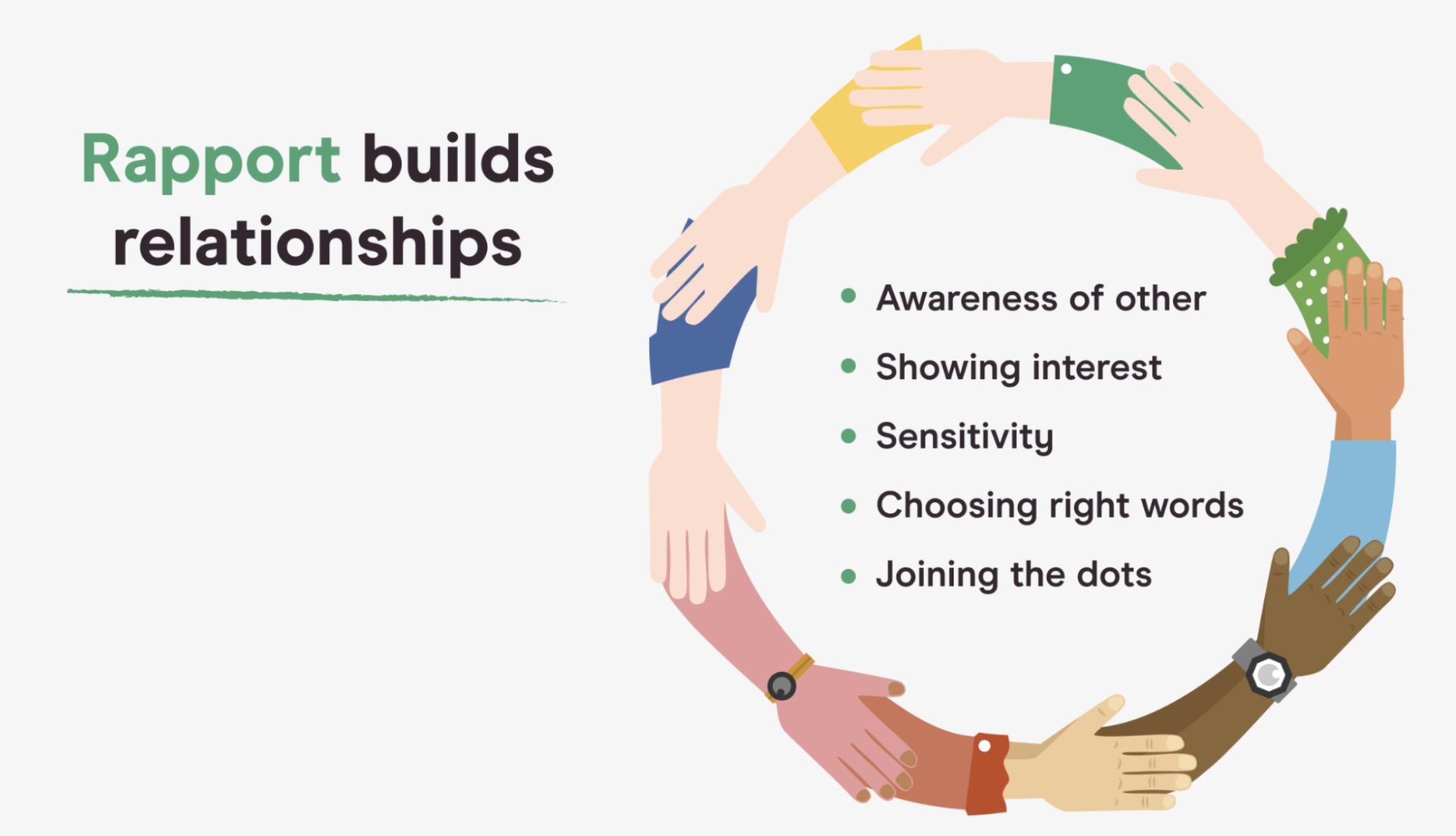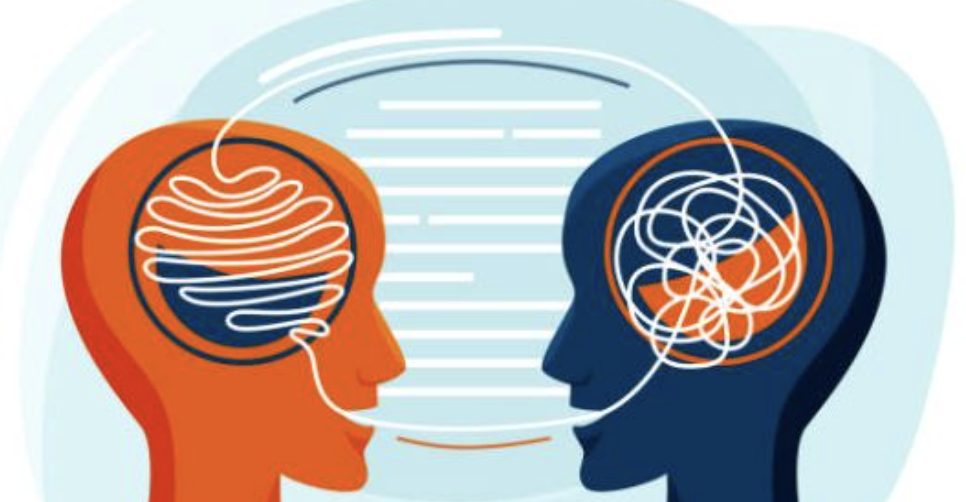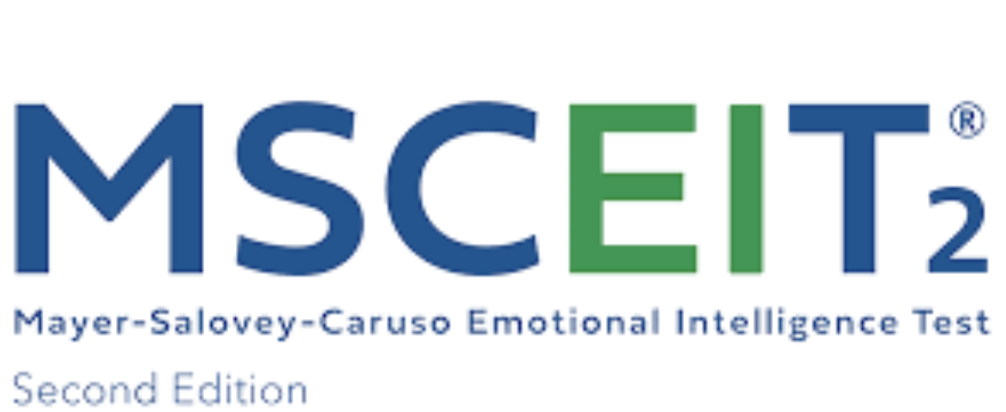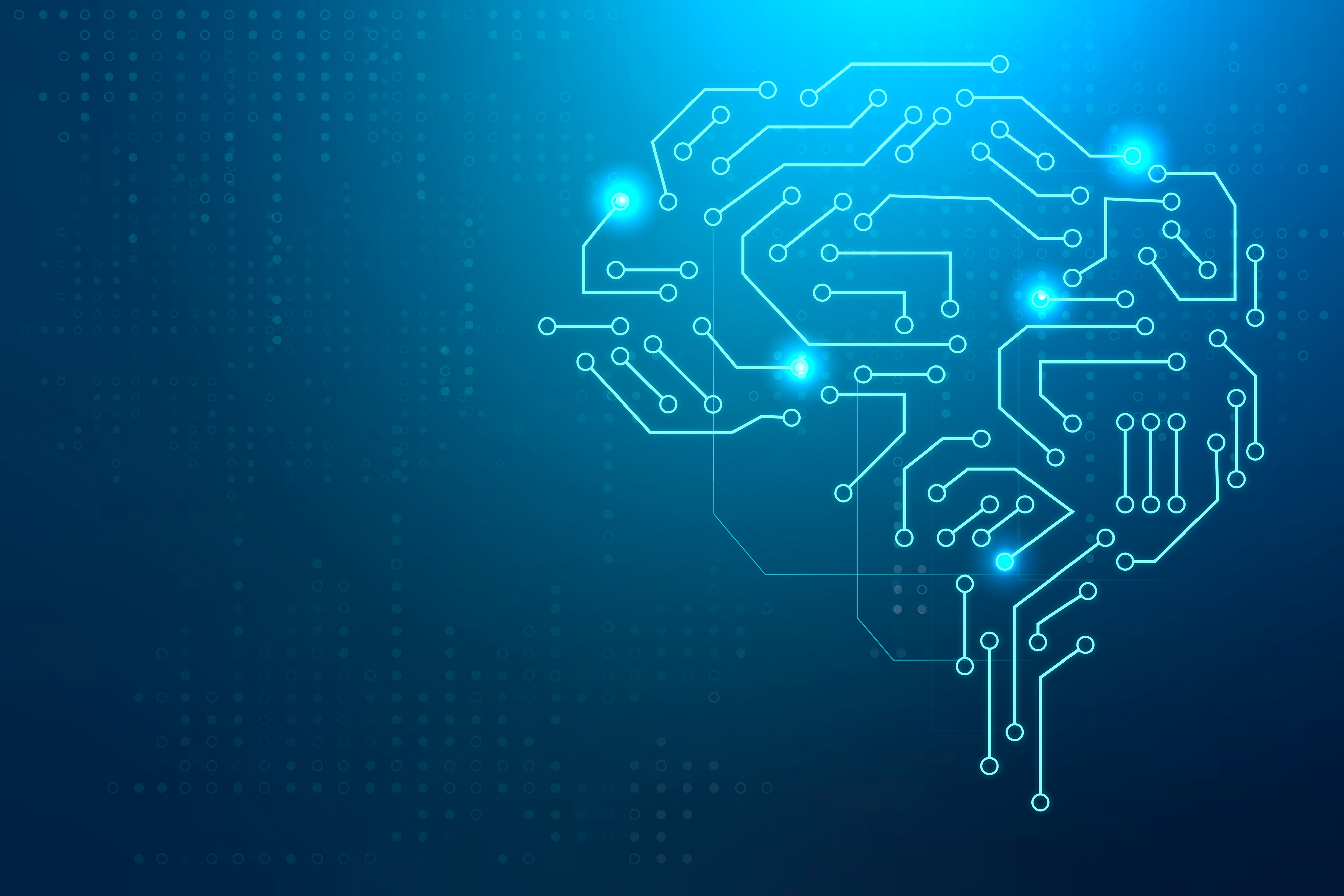Understanding Emotional Intelligence: What It Is and How We Measure It

In our increasingly connected world, technical skills alone aren't enough to guarantee success in relationships, leadership, or personal fulfillment. Enter emotional intelligence—a concept that has revolutionized how we think about human capability and interpersonal effectiveness.
What Is Emotional Intelligence?
Emotional intelligence (EI), sometimes called emotional quotient (EQ), refers to the ability to recognize, understand, and manage our own emotions while effectively recognizing and responding to others' emotions. Unlike traditional intelligence (IQ), which focuses on cognitive abilities like logical reasoning and analytical thinking, emotional intelligence centers on our capacity to navigate the complex world of human feelings and social interactions.
The concept gained widespread attention through psychologist Daniel Goleman's influential 1995 book, though it was originally developed by researchers Peter Salovey and John Mayer in the early 1990s. They defined emotional intelligence as "the ability to monitor one's own and others' feelings and emotions, to discriminate among them and to use this information to guide one's thinking and actions."
The Four Core Components
Most researchers agree that emotional intelligence consists of four fundamental domains:
Self-Awareness involves recognizing your emotions as they occur and understanding how they affect your thoughts and behavior. This includes being honest about your strengths and limitations, having accurate self-confidence, and maintaining awareness of your emotional triggers.
Self-Management encompasses your ability to regulate emotions effectively, adapt to change, and maintain control over impulsive behaviors. This means staying calm under pressure, managing stress constructively, and maintaining optimism even during setbacks.
Social Awareness refers to your ability to understand others' emotions and the dynamics within your organization or social groups. This includes demonstrating empathy, reading social cues accurately, and understanding unspoken organizational politics or social hierarchies.
Relationship Management involves your skill in managing interactions successfully, influencing others positively, and navigating conflict constructively. This includes clear communication, inspirational leadership, and the ability to work effectively as part of a team.
How Emotional Intelligence Is Measured
Measuring something as nuanced as emotional intelligence presents unique challenges, leading researchers to develop several different approaches:
Ability-Based Assessments
The Mayer-Salovey-Caruso Emotional Intelligence Test (MSCEIT) is considered the gold standard for ability-based measurement. Rather than asking people to self-report their emotional skills, it presents test-takers with specific scenarios and evaluates their responses against expert consensus. For example, participants might view photographs of facial expressions and identify the emotions displayed, or read descriptions of situations and select the most emotionally intelligent response.
Self-Report Measures
The Emotional Quotient Inventory (EQ-i 2.0) and the Emotional Intelligence Appraisal are popular self-assessment tools. These instruments ask individuals to rate their own emotional abilities through statements like "I am aware of my emotions as I experience them" or "I can tell when others are upset even when they don't say anything." While easier to administer than ability tests, these measures can be influenced by social desirability bias or lack of self-awareness.
360-Degree Feedback
Some assessments incorporate feedback from colleagues, supervisors, and subordinates to provide a more comprehensive view of someone's emotional intelligence in action. These multi-source evaluations can reveal blind spots and provide insights into how others perceive your emotional skills in real-world contexts.
Observational Methods
In research settings, trained observers may evaluate emotional intelligence by watching how individuals interact in structured activities or respond to emotional stimuli. While time-intensive, this approach can provide objective data about emotional behaviors without relying on self-reporting.
The Measurement Challenge
Despite these various approaches, measuring emotional intelligence remains complex. Critics argue that many tests lack sufficient reliability and validity, while others question whether emotional intelligence represents a distinct form of intelligence or simply a collection of personality traits and social skills.
The subjective nature of emotions adds another layer of complexity. Unlike mathematical problems with clear right answers, emotional situations often have multiple appropriate responses depending on cultural context, individual values, and specific circumstances.
Why Measurement Matters
Understanding and measuring emotional intelligence has practical implications across many domains. In the workplace, research suggests that emotional intelligence correlates with leadership effectiveness, team performance, and career advancement. In education, students with higher emotional intelligence often demonstrate better academic performance and fewer behavioral problems. In healthcare, emotionally intelligent providers tend to have better patient relationships and experience less burnout.
As our understanding of emotional intelligence continues to evolve, so too will our methods for measuring it. The goal isn't to reduce the rich complexity of human emotion to simple numbers, but rather to develop tools that help individuals and organizations recognize and develop these crucial capabilities.
Whether through formal assessment or personal reflection, taking time to understand and develop your emotional intelligence can lead to more fulfilling relationships, greater professional success, and improved overall well-being. After all, in a world where artificial intelligence can increasingly handle cognitive tasks, our uniquely human ability to understand and connect emotionally becomes ever more valuable.








